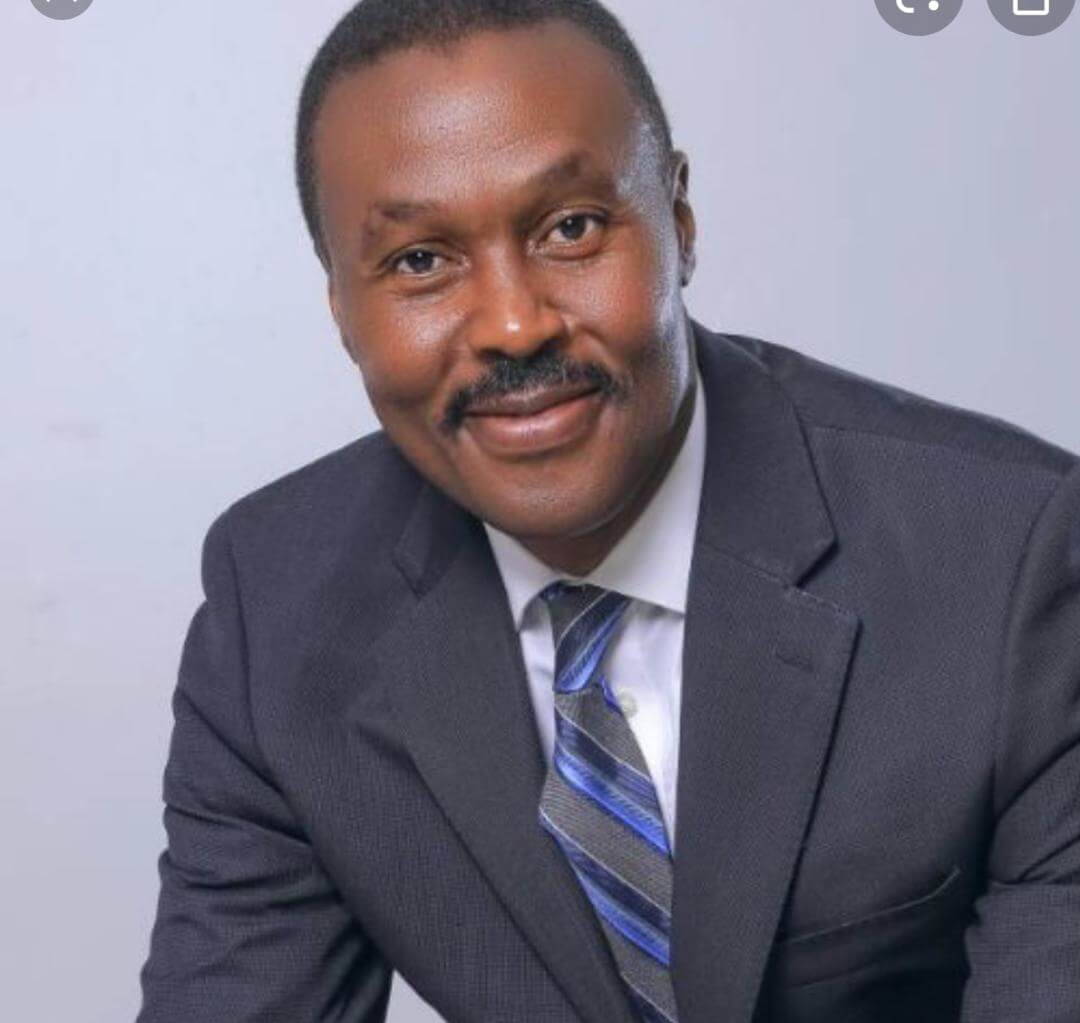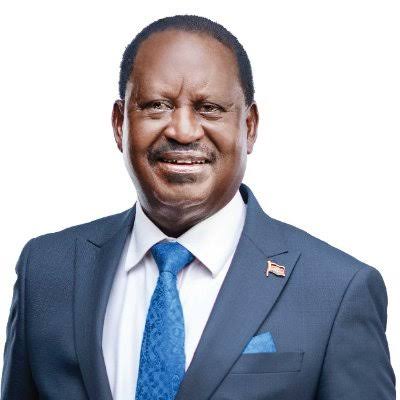Early Life and Education
Mugisha Muntu was born in October 1958 in Kitunga Village, in present‐day Ntungamo District, in the Ankole sub‐region of Western Uganda.
His parents are Enock Ruzima Muntuyera and Aida Matama Muntuyera. His father was a government functionary and a confidant of former President Milton Obote.
Monitor
He had his early schooling at Mbarara Junior School, Kitunga Primary School, and Kitunga High School (which was later renamed Muntuyera High School, in memory of his father).
Monitor
He then attended Makerere College School and proceeded to Makerere University where he graduated with a Bachelor of Arts in Political Science. While at university, he served as deputy president of the students’ union.
Military Career
Immediately after completing his university exams, Muntu joined the National Resistance Army (NRA), the guerrilla movement led by Yoweri Museveni, which fought against Milton Obote’s government and later other regimes.
Early during the bush war, he was wounded (shot in the chest), treated in Kampala, and then returned to the guerrilla front.
After the NRA succeeded in seizing power in 1986, Muntu held a number of high military posts. One significant position was as head of Military Intelligence. In that role, he had among his subordinates persons who later became prominent, for example Paul Kagame (who later became President of Rwanda).
In 1989, he was appointed Commander of the Army (of the NRA). When the NRA was restructured and renamed the Uganda People’s Defence Force (UPDF) in 1995, he continued as Army Commander until 1998
His time as army commander was characterized by efforts at discipline and institutionalization. He was known to be strict, insisting on higher standards of professional conduct.
He was eventually removed from the army command around 1997/98. The record suggests that his removal related to differences within the leadership, possibly tensions around how the army should be run, who gets promotions, etc.
Monitor
Political Career
After leaving or being removed from the military top post, Muntu gradually transitioned into more overt political roles.
He was a member of the Constituent Assembly (1994–1995), which drafted Uganda’s constitution.
In 2001, he was selected by Ugandan MPs to represent Uganda in the East African Legislative Assembly (EALA).
He became a prominent opposition figure. He joined the Forum for Democratic Change (FDC), one of the major opposition parties in Uganda
In 2008, he ran for the presidency of FDC but was defeated by Kizza Besigye.
In 2012, after Besigye stepped down from the FDC presidency, Muntu was elected president of the FDC.
Over time, however, ideological differences emerged. In 2018, Muntu left FDC. He cited differences over strategy, values, and how the party should be run.
Following that, he helped found the Alliance for National Transformation (ANT) in 2019 (sometimes the process is said to have started earlier, but the formal party came into being around then)
In 2025, he was nominated as ANT’s presidential flag bearer for the upcoming 2026 general elections.
Values, Public Image and Political Platform
Muntu is widely seen as one of Uganda’s more principled political figures. His supporters and commentators often note his discipline, integrity, emphasis on institutionalising politics rather than personality conflicts, and a moderate, sober tone.
He has called for reforms in governance, transparency, anti‐corruption, strengthening of law / justice systems, more accountability of the security agencies.
During his 2025 campaign, for instance, he pledged to work towards a national health insurance policy, justice reform, better education and road infrastructure, ensuring public servants are properly paid.
He has also emphasised the need for disciplined opposition politics, strategic unity among opposition parties to avoid fragmenting opposition.
Personal Life
Muntu has been married to Julia Kakonge Muntu since 1992. They have two children: one born in 1993, another in 1996.
He is often described as soft‐spoken, disciplined, principled. These traits have earned him respect, though, as some analyses suggest, they may also limit his popular mass appeal in a political environment where charisma, populism or mass mobilisation.
Challenges, Criticisms, and Political Dynamics
Despite his credentials, Muntu has struggled at times to gain large scale popularity, especially in rural areas. Some critics say his style is too calm or idealistic, that he does not engage enough in loud populist messaging.
His break from FDC was not without controversy; ideological and strategic disagreements led to his leaving, which meant building a new political structure (ANT) from scratch, with associated challenges – resources, visibility, grassroots.
Some also argue that in Uganda’s political climate, power structures (incl. ruling party, security forces, regulatory environment) strongly favour incumbents, which makes it difficult for even well‐known opposition figures to compete on equal footing.
Recent / Current Status
As of late 2025, Muntu is the presidential candidate for ANT in the upcoming 2026 general elections.
Monit
His campaign pledges include national health insurance, justice reform, improving public infrastructure (roads, water), improving education, integrity in government, and improving public servants’ welfare.
He has also called for opposition unity—to avoid dividing votes among multiple opposition parties.
watchdoguganda.com
+2
Monitor
+2
Legacy and Significance
Muntu’s legacy includes his long military service, especially his period as commander of the army/UPDF, during which he pushed for discipline, professionalism, and efforts to formalise structures.
Wikipedia
+1
In the political sphere, he is one of Uganda’s leading opposition figures who tries to balance principled politics with realistic strategy; he represents a type of leadership that appeals to those interested in institutional reform rather than just rhetoric.
Whether his approach will succeed in shifting Ugandan politics in meaningful ways remains to be seen; it depends on how effective he and his party are in connecting with ordinary voters, mobilising support, and whether he can overcome structural barriers.

